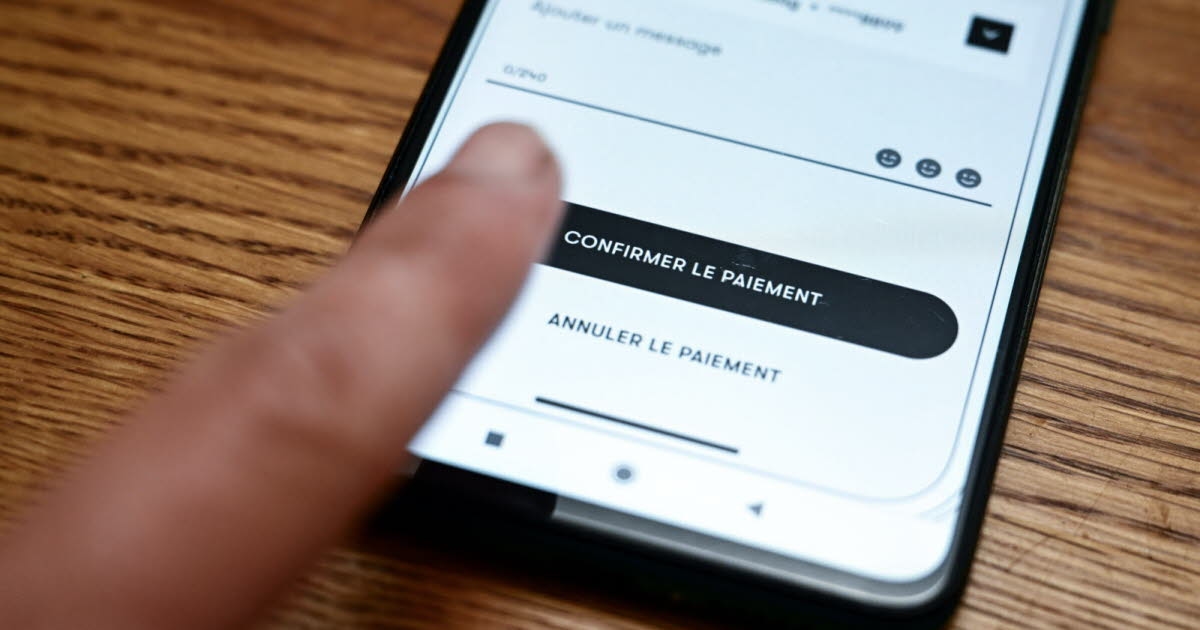Testimony. "We were even paying for our groceries on credit": how Bruno fell into debt

Series: The Spiral of Over-Indebtedness [2/3] - Buy now, pay later. In just a few minutes, it's possible to borrow a significant sum of money through consumer credit. But behind the promise of this financial boost sometimes lies a spiral of debt that's difficult to break. Bruno recounts his experience and his years of struggle.
It was in the 1990s that Bruno (*) met his wife. Settled in the Moselle region, they planned to start a family, despite their unstable employment situation. "We had decided that I would be the only one working, but I was constantly going from temporary contracts to periods of unemployment. We found ourselves in a difficult financial situation; we could no longer pay our rent, and then we needed a new car," recalls the man in his sixties. So they took out their first loan from the bank, with an interest rate of 5%.
But with the birth of their child and their job still unstable, Bruno decided to change careers and landed a job in the automotive sector across the border in Germany. He quickly obtained a permanent contract and a substantial salary, which allowed them to breathe a little easier, pay off their loan, and enjoy a more comfortable life. "So we thought: why not enjoy life a little now? We took out revolving credit to buy things like an American-style refrigerator. At the time, it cost around 10,000 francs, but we were only paying back 500 or 600 francs a month, the equivalent of 90 or 100 euros a month," Bruno explains.
Interest rates up to 20%A revolving line of credit, also called a line of credit or permanent credit, is a reserve of money made available by a bank or credit institution. The borrower can use all or part of this sum freely, at any time. It is replenished as repayments are made, so it's easy to accumulate debt without realizing it . No proof of purchase is usually required, but this type of credit comes with very high interest rates. "In our case, ours was at a rate of 18%. The trap is that you constantly draw on this line of credit. That's when we started slowly but surely spiraling into over-indebtedness . I had to work overtime to be able to repay all our monthly loans. It was becoming increasingly difficult," he recalls.
These loans are offered through account openings by numerous retailers such as Carrefour, Auchan, Darty, Boulanger, Fnac, and Castorama, allowing customers to pay in cash or on credit at the checkout, even for small amounts. "We even paid for our groceries on credit, so we could buy fruits, vegetables, and meat," adds Bruno. Meanwhile, their car reached the end of its life and needed replacing, requiring them to take out another loan. "That's when we started consolidating our debt. We got ourselves into even more debt; I started working 12-hour days in Germany, and I couldn't see my child growing up anymore," continues the man from Moselle.
The family spiraled into a debt spiral that would last 12 years. "We ended up with a debt of around €50,000 and seven outstanding loans." Loans they were able to obtain very easily. "At the time, all you had to do was show a good payslip and it was signed; borrowing was incredibly easy. It was tempting; we thought we'd eventually pay them back, but it was impossible. But with interest rates reaching up to 20%, it was unsustainable in the long run," Bruno admits.
The bad news kept piling up: constant overdrafts, a bank that was squeezing the family with exorbitant fees, rent arrears… The final blow came with Bruno's dismissal as his company filed for bankruptcy. With their backs against the wall, the family decided to file for debt relief with the Bank of France, a process easily accepted given their circumstances. An inevitable but traumatic solution: “You feel a bit like thieves, there’s a heavy burden of guilt to bear. A trustee even came to our home, but concluded that there were no assets to seize. It’s very destabilizing. My wife and I fell into depression,” confides the man from Moselle.
This procedure allowed the family to pause their loan repayments pending a court ruling. Unemployment benefits enabled them to live relatively normally and provided some respite. Their case was then brought before a judge and reclassified as "personal bankruptcy," resulting in the complete discharge of their debts, amounting to over €50,000.
A "miracle"This "civil bankruptcy" procedure is specific to Alsace and Moselle, which have retained a unique local law inherited from the time when these departments were part of the German Empire. It allows for the complete discharge of an individual's debts, as decided by the court. To be eligible, one must reside in Alsace-Moselle (Bas-Rhin, Haut-Rhin, or Moselle), be a non-commercial individual, and be in a situation of irreversible over-indebtedness. The aim is to give the person a second chance by freeing them from their debts. It is a more stringent last resort than traditional over-indebtedness, as it is not managed by the Bank of France, but by a court. The judge can order the sale of all personal assets (car, furniture, etc.).
As in a standard debt settlement procedure, the person is registered in the French Banking Federation's Register of Payment Incidents and cannot obtain credit for several years. They may, however, have a debit card with systematic authorization (payment is only accepted if the balance is sufficient), but bank overdrafts and payments by check are prohibited.
A difficult but essential solution for Bruno's family. "It was a relief, a miracle in our lives, because a month after the judgment, I found a job," he says. "I didn't see the credit ban as a punishment, I saw it as protection for us. Which didn't stop us, several years later, from taking out a loan to buy our house. We started over from scratch," he explains today. Looking back, he realizes the trap he fell into and regrets that these credit payments are offered so easily. To finally turn the page and free himself from the shame that money problems often bring, Bruno even put his story down on paper, writing a book.
(*) First name changed.
Le Progres




